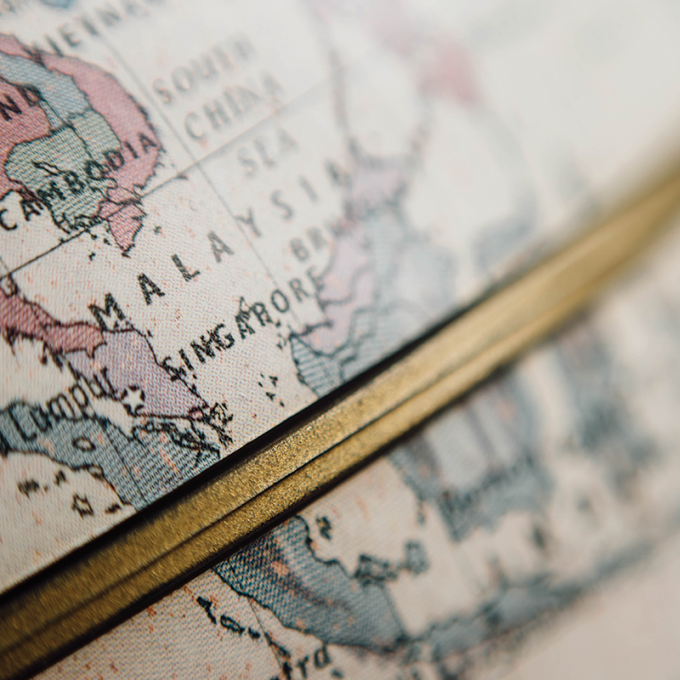Dr. Svobodny is a senior lecturer in Global Studies as well as in Russian literature and culture. She is the coordinator of the Eurasian Studies concentration, an advisor for the major in Global Studies, and she also serves as the Study Abroad Advisor for Global Studies.
Dr. Svobodny teaches courses on Russian literature in translation, usually placed within a global comparative perspective. Her teaching interests include a range of genres (the novel, the short story, memoir, theatrical performance) and topics (literature and law, literature and madness, literature and other forms of media, Russia and the West). Many of her courses are Writing-Intensive, and she is committed to guiding her students through all stages of the writing process.
Dr. Svobodny’s research has been incubated in the collaborative, creative atmosphere she cultivates in her classes. In her recent book, Nijinsky’s Feeling Mind, she argues that Vaslav Nijinsky’s 1919 multimodal project (containing his dance notation, drawings, and life-writing) presents a profound meditation on the spaces between dance and writing; it is a book about the writing process, the traces left behind, the circulation between bodily presence and the written word, the hesitation between speech and silence, and the special dynamic between reader and writer, in which the language of intimacy registers as public statement, and vice versa. By exploring the intersections of bodily movement with verbal language, Nijinsky’s Feeling Mind addresses broader questions of how we sense and make sense of our worlds. For this project, Svobodny was awarded a Summer Stipend from the National Endowment for the Humanities in 2019 to conduct archival research in New York, Hamburg, Munich, and Paris.

